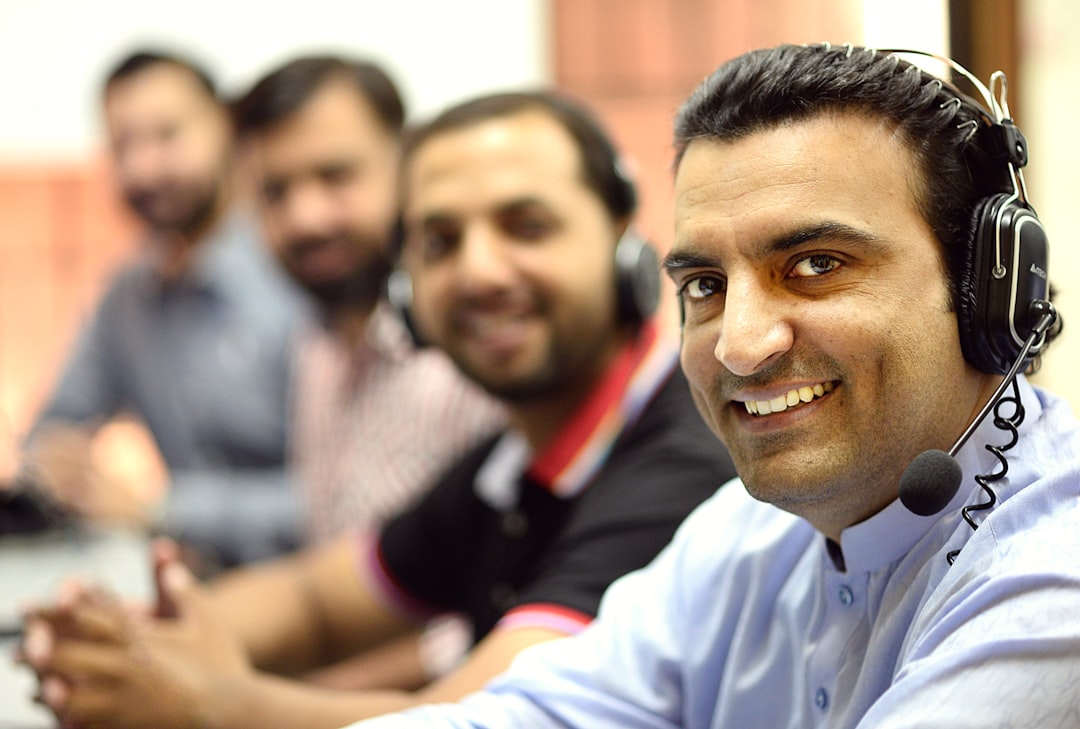In Los Angeles, strict laws regulate autodialers to protect consumers. Businesses must understand consent requirements, call frequency, and content restrictions under regulations like the Telephone Consumer Protection Act (TCPA). An expert autodialer lawyer or attorney ensures compliance, avoiding penalties by providing guidance on best practices, conducting audits, and handling legal matters related to autodialers. Hiring specialized attorneys is crucial for businesses using autodialers in Los Angeles to stay compliant with federal and state laws while maintaining a competitive edge.
“In the dynamic landscape of telemarketing in Los Angeles, understanding and adhering to autodialer regulations is paramount. With strict compliance requirements, businesses must navigate a complex web of rules to avoid legal pitfalls. This article serves as your guide through this process, offering valuable insights on choosing the right autodialer Lawyer Los Angeles and implementing best practices. Whether you’re a seasoned operator or a newcomer, ensuring compliance with autodialer laws in LA is crucial for success. Discover expert tips and strategies to stay ahead of the curve.”
Understanding Autodialer Regulations in Los Angeles
In Los Angeles, the use of autodialers is regulated by strict laws designed to protect consumers from unwanted calls and ensure fair business practices. Understanding these regulations is crucial for businesses utilizing autodialing services to maintain compliance and avoid potential penalties. An autodialer lawyer Los Angeles or autodialer attorney Los Angeles can provide expert guidance on navigating these complex rules, which cover various aspects of automated calling, including consent requirements, call frequency, and content restrictions.
Los Angeles’ laws demand explicit consent from recipients before placing automated calls, with strict penalties for non-compliance. Businesses must also adhere to specific guidelines regarding the timing and frequency of calls, ensuring they don’t cause distress or inconvenience to the recipient. Moreover, the autodialer law firm Los Angeles must ensure that automated messages are clear, concise, and compliant with additional regulations tailored to this method of communication.
Choosing the Right Autodialer Lawyer in LA
When selecting an autodialer lawyer in Los Angeles, it’s crucial to find a legal professional well-versed in telemarketing regulations and compliance, especially with California’s stringent privacy laws. Look for an autodialer attorney or law firm specializing in telecommunications law who can offer expertise in navigating complex rules around automated dialing systems.
Consider their experience handling cases related to the Telephone Consumer Protection Act (TCPA) and similar state-level legislation. Reputable autodialer lawyers in LA will be adept at counseling clients on best practices, conducting thorough compliance audits, and representing them in legal matters pertaining to autodialer usage. Ensure they have a proven track record of successful outcomes for their clients.
Navigating Compliance and Best Practices
Navigating compliance in the realm of autodialers requires a deep understanding of both the technology and the legal landscape, especially in a bustling metropolis like Los Angeles. With an autodialer lawyer or attorney by your side, businesses can ensure they’re adhering to the strict regulations governing automated communication. The best practices involve obtaining explicit consent from recipients, providing clear opt-out options, and ensuring data security and privacy.
Los Angeles’s diverse business environment necessitates a keen awareness of these compliance tips. An autodialer law firm or lawyers specializing in this area can guide companies through the intricacies of federal and state laws, such as the Telephone Consumer Protection Act (TCPA), which governs telemarketing and auto-dialing practices. They help clients stay ahead of changing regulations, ensuring their autodialer systems are not just compliant but also effective in reaching target audiences without causing distress or violating privacy rights.






